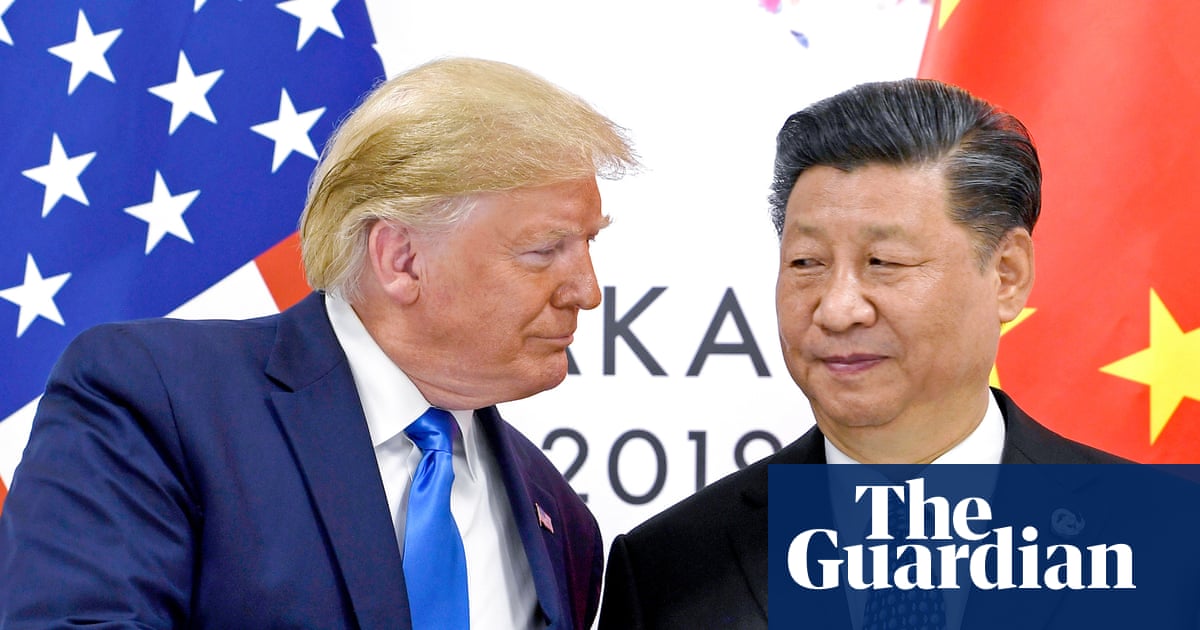In Israel, it can seem like only one other place really matters. Washington DC is on the other side of the world but provides Israel with weapons, the backing of the most powerful military in the world, and a critical diplomatic shield in forums like the United Nations.
Yet the country’s economy is bound far more closely to Europe than to the United States. A third of its trade is with the European Union, key academic work is supported by grants from the EU’s multi-billion dollar Horizon research fund, and it is the top destination for Israelis who want to travel.
“Geography doesn’t change, and not having any partners apart from UAE in the region means Europe will always be the gateway. The US will always be 8,000km away,” said one western diplomat.
These ties have never translated into much political clout for Europe though, in part because the continent has long been hobbled by divisions over policy on Israel.
Critics of Israel’s illegal settlements and more recently its war in Gaza have repeatedly been outweighed and outvoted by a combination of older member states like Germany and Austria who are bound to Israel by history, and newer member nations, particularly Hungary, drawn by a shared ethno-nationalist vision.
“To have leverage implies that you are willing and able to use it,” said Josep Borrell, former EU policy chief. “If you can live in an illegal settlement and still travel freely to Europe, and export [products] to Europe, how do we expect them to take our condemnations seriously?”
When three of Israel’s staunchest historic allies – France, the UK and Canada – last month threatened to take action over Israel’s war in Gaza, prime minister Benjamin Netanyahu accused their leaders of siding with Hamas and fuelling antisemitism.
He sounded like a man who considered his country invulnerable, the target of his attacks, toothless and irrelevant, or perhaps both. For many years, that might have been a reasonable judgment, based on a sense that Israel could take European support for granted.
The relationship has been so close that two decades ago Javier Solana who was the EU’s foreign policy chief, described Israel as an unofficial member, more integrated than then-candidate nation Croatia.
“Politically, we feel like an afterthought for Israel’s leaders,” said one European diplomat, of attempts to influence policy.
In recent months however the scale of death and destruction in Gaza, and the violence of messianic settlers in the West Bank, has shifted public opinion and political calculations across the bloc.
Among steps taken so far, the UK has sanctioned two cabinet ministers, France has toyed with unilateral recognition of a Palestinian state, and the European Union backed sanctions on extremist settlers.
Now, more consequentially, the EU is weighing up whether to try using the full weight of its economic leverage to shift Israeli policy.
Last month the Netherlands, traditionally one of Israel’s staunchest European allies, requested an urgent review of whether Israel had breached human rights obligations that underpin its free trade deal with the bloc.
Article 2 of the EU-Israel Association Agreement, the framework that allows free trade, free travel and academic collaboration, lays out respect for human rights and democratic principles as an “essential element” of the relationship.
Their request won backing from 17 EU member states, an unexpectedly large group. Some of that support came at the last minute, said one diplomat involved in discussions, amid a growing sense that unless Europe imposes a cost for ignoring its concerns Israel will continue to take the allies on its doorstep for granted.
The EU’s foreign policy service found “indications” of rights violations, according to a report copy seen by the Guardian. Support for concrete action will be tested on Monday when the EU’s top diplomat Kaja Kallas presents it to foreign ministers.
Although it does not call for immediate sanctions and is not the first time EU diplomats have reached this conclusion – there were similar findings made twice last year – it comes at a time of unprecedented domestic pressure in Europe.
“The situation (In Gaza) keeps getting worse, and the vast majority of Europeans want to see more than just words. Even in Germany three out of four people, across the political spectrum, are in favour of suspending arms sales. So the governments talk the talk, but are they ready to walk the walk?” said Borrell, the former top diplomat.
“Being a community of values … is the EU’s greatest lever, but we are losing it with our inconsistency.”
The association agreement overall cannot be suspended without a unanimous vote, which is not feasible at present. But individual components can be paused with the backing of voters representing a “qualified” majority of member states and population inside the European Union.
Any form of sanctions would also need the backing of commission president Ursula von der Leyen. The Council can only vote on proposals that come from the Commission, and she sets the agenda for their meeting.
She has criticised the war, describing the targeting of civilians as “abhorrent”, and saying the “disproportionate use of force” cannot be justified, but has not embraced moves to sanction Israel.
Several European governments are calling for steps that range from cutting off Israel’s tariff-free access to markets and ending Israeli universities’ access to research funds to halting Israeli tourists’ visa-free travel to holiday destinations.
The trade relationship is unbalanced, which gives Europe room to inflict more pain than it would suffer through cutting off access to its markets.
Israel’s advanced weapons and cyber intelligence products may be sought after, but in overall trade for the EU it ranks behind other Mediterranean nations including Morocco and Algeria, in 31st place.
Diplomats hope some other potential measures might generate indirect pressure on the government inside Israel, through their impact on voters. A halt to visa-free travel to Europe, would be deeply unpopular and felt immediately.
“Maybe there is a bit of hope that in combination with this initiative, it also seems like things are changing in Israeli society,” said one European official, citing growing demonstrations inside Israel against Palestinian civilian casualties. “People don’t want their country to be a pariah state.”

 2 months ago
54
2 months ago
54

















































